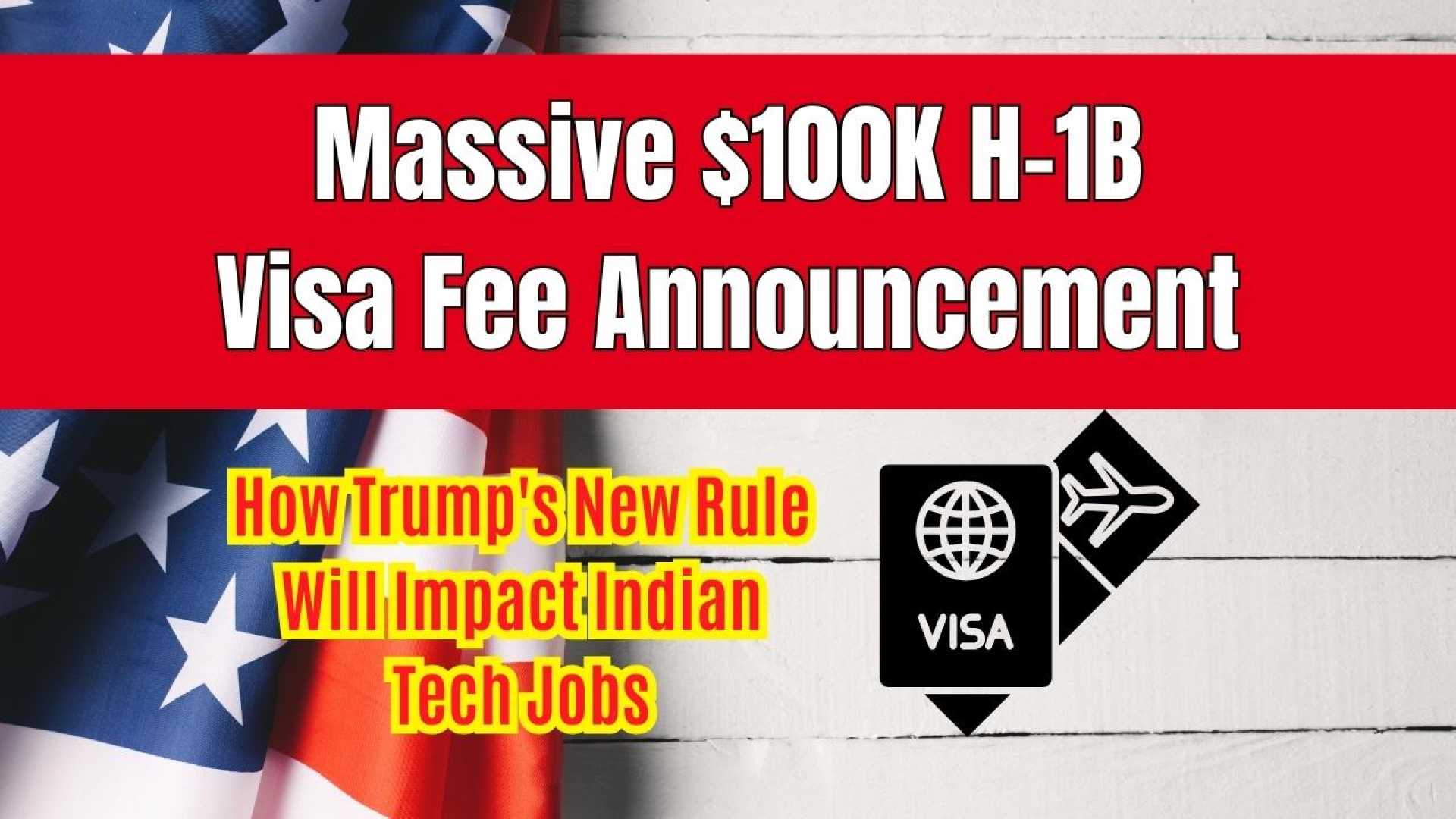Business
New $100,000 Fee for H-1B Visas Causes Confusion Among Tech Workers

WASHINGTON — A new $100,000 fee for H-1B visas will take effect Sunday, creating confusion among tech workers. The fee will only apply to new applicants and not to current holders of valid visas, according to the White House.
White House spokesperson Karoline Leavitt clarified on social media that the fee is a one-time charge per petition and does not affect those who are currently abroad. She emphasized, ‘Those who already hold H-1B visas and are currently outside of the country right now will NOT be charged to re-enter.’
The measure is designed to level the playing field for American workers, who the administration claims are being ‘replaced with lower-paid foreign labor.’ It was introduced as part of an executive order signed by the President on Friday.
Commerce Secretary Howard Lutnick initially indicated that the fee would be annual, creating some confusion that Leavitt attempted to clarify. She said it would only affect future H-1B lottery rounds and not existing visa holders. Companies such as Microsoft and Amazon have advised employees with H-1B visas to remain in the U.S. and avoid international travel.
In a fact sheet released on Saturday, the White House stated that exceptions to the fee could be made on a case-by-case basis if it’s determined to be in the national interest.
The new policy has been met with concern from the American business community, as many companies rely on skilled foreign workers to fill positions that are hard to staff with local talent. The U.S. Chamber of Commerce expressed worries that the fee could lead to fewer H-1B visas being granted.
Notably, a significant portion of H-1B visa holders are from India, with the share of IT workers under this visa increasing from 32% in fiscal year 2003 to over 65% recently. Concerns have also been raised internationally, with India’s government expressing apprehension about the potential disruptions caused by the new fee.
As the deadline approaches, many H-1B holders have shared their concerns on social media, with some rushing back to the U.S. to avoid falling under the new fee structure. The situation continues to develop as companies and employees seek clarity and guidance from the government.












